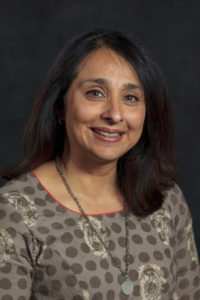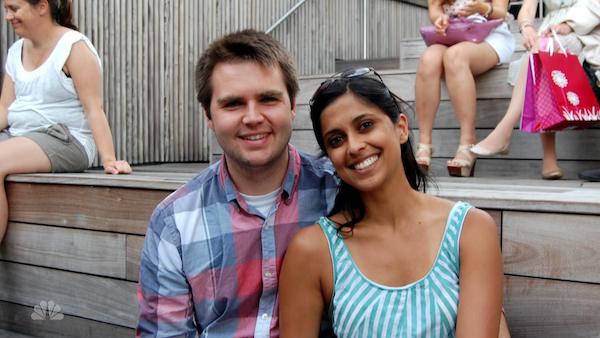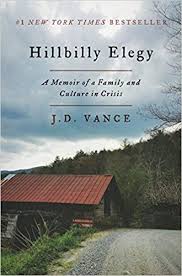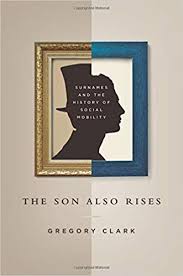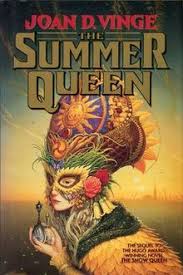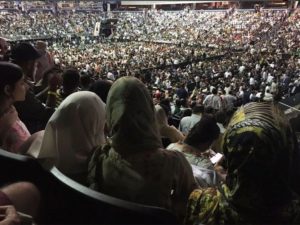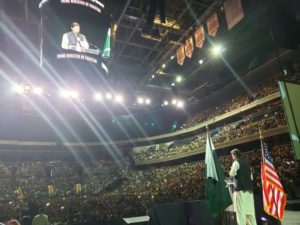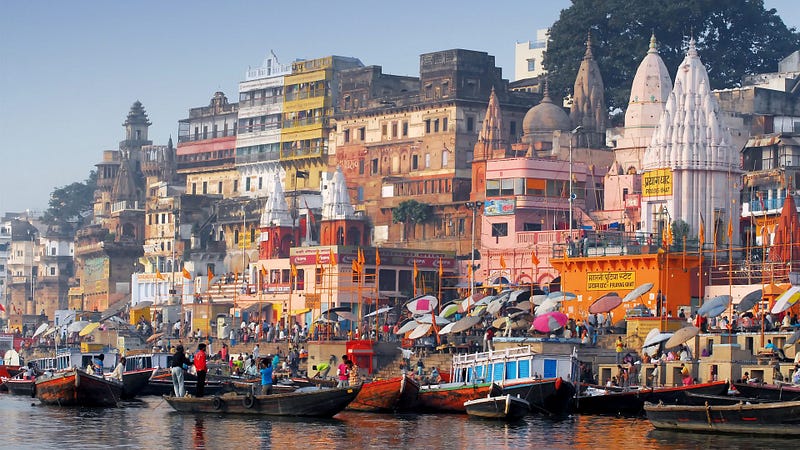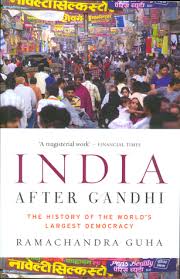One of the Hoi Polloi, or rather a penny-store Machiavelli, writes:
(Oh also nice job critiquing Zach’s H-M chasm and his Urduised worldview ? Was getting pretty boring listening to him and his friends go on about the same thing over and over again)
We haven’t listened to the episode so are unaware of what was exactly said. Neither do we know what H-M means but assuming His Majesty (though ShahenShah is preferable)?
On a personal level I take issue with “Urduised” because it’s known that I am partial to PAU (Persian Arabic Urdu).
Urdu is simply the liminal of civilisational elegance. The Great Moguls would have spoken Arabic to God, Persian among themselves and Urdu to their sub-alterns (such as the stable hands and chaiwallas).
Otherwise on a more personal note I don’t know who “my friends are.”
If, as I suspect, he means the CamCast Quarter then our views are radically different from one another. MJ is lightly coated with Saffron, V is a Nehruvian capitalist and J belongs to a very prominent (& known) right-wing family.
I myself am very partial to aristocracy and Monarchy. Perhaps that’s because I’ve spend the vast majority of my life in a country defined by both such institutions.
I was impressed to wake up this morning to William Dalrymple liking our tweet (Kiara Advani is now one of the foremost Mughalists).
https://twitter.com/brownpundits/status/1153172297764790272?s=20

In my more Tharoorian avatar; I would have ranted about Dalrymple being a coloniser and what not.
But the more I think about it, the more I’ve come round to how sound Two Nation Theory is.
Indeed my own life choices reflect that. I am not a Muslim and therefore I’m adopting Indian culture. If I were a practising Muslim there is no way I could choose the Saffron path.
Finally in one of the threads it was asked when Bangladesh would have its own Modi or IK.
I don’t think ethnically homogeneous and “sound” nations like Bangladesh will ever have a need to produce such leaders.
Partition is the Great Angst of the Subcontinent and it’s something that consumes both Pakistan & India. If there had been no Pakistan/Islam, there probably would have been no BJP or RSS or Modi.
However Pakistan, being such an artificial nation, has to produce these leaders to provide it with a coherent narrative.
Pakistan is always a few steps from collapse (in cricket & in life), which leads to chronic instability but also the potential for greatness.
A good example is below where Imran Khan is clearly lying through his teeth but is doing it with such elan that the reporter is flummoxed.
I prefer my leader to have that grace and polish and to have the ability to duel with dexterity. It’s a bit like the Great Moguls; the illusion is more important than the reality.
The final tweet is of interest to me:
https://twitter.com/curioserian/status/1153371394605871104?s=20
Hindutva foams at the mouth constantly trying to tell Pakistanis where our ancestors came from. Their desperation at getting us to buy into the Brahmanical hierarchy is cute but a touch manic to be honest..

